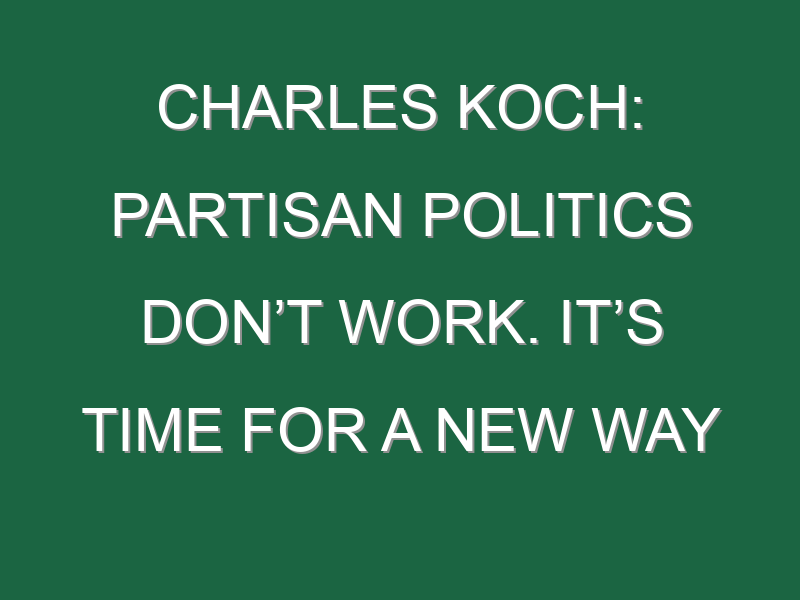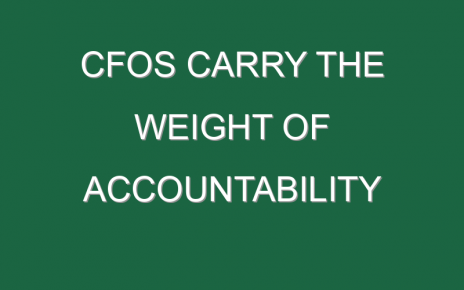Our republic now seems more divided than at any point in my lifetime. I congratulate Joe Biden and Kamala Harris on their victory. With the presidential campaign over, now begins the work of addressing the urgent crises that are holding our country back. Each of us must ask what role we can play to solve these problems. I stand with millions of Americans, ready to do my part.
This starts with putting the us-versus-them mentality of partisan politics behind us. These post-election days are an important part of that transition. Historically, now is when the winners are gracious, the losers concede, and all Americans acknowledge the outcome and turn their attention to the challenges of everyday life.
Far from being mere gestures, these rituals help ensure the vitality of our democratic republic. America is a place where hard-fought campaigns are designed to give way to a deeper feeling of unity. Americans have long known that while we may vote differently, we’re in this together, and we must work together to rise together. Politics do not define us.
What does define us is our ability to look past our differences to solve problems. This happens every day in businesses, communities, and classrooms across the country. In these trying times, instead of doubling down on the contest for who will have power over others, we must unite to help empower every person from the bottom up so they can contribute and help others lead better lives. We must not see each other as Republicans or Democrats, but for who we truly are: mothers and fathers, sons and daughters, neighbors, teachers, doctors, nurses, business and community leaders.
While government policy plays an important role, our constitutional order ensures it is a limited one. The more we look to partisan politics, the harder it is to find the common ground required to do the work it takes to overcome the coronavirus, create an economic recovery, eliminate racial injustice, or address the other barriers holding people back today. But if we work together civilly, we will find a path forward. It’s time to expect less of politics and more of ourselves and one another.
Take the current pandemic and resulting economic crisis. Millions of people have lost their jobs, and many of those jobs will not be coming back. While temporary government support provides some relief, it takes much more to help those who’ve lost jobs obtain new work in a rapidly changing landscape. We need to transform how people acquire skills and how businesses evaluate and hire employees. I’ve been inspired by the SkillUp coalition (supported in part by the Charles Koch Foundation), which brings together companies and educators to train laid-off workers for better positions. It’s just getting started and already helping more than 1,000 people per day. Solutions like these, which must be discovered and expanded, require no divisive partisan bickering.
The pandemic has also radically changed the education landscape for more than 60 million students. Families are proactively responding, forming learning pods and seeking out new opportunities for their kids. Teachers are becoming educational entrepreneurs and developing personalized education options once reserved only for wealthy families. Sal Khan, the innovator behind Khan Academy, has a new project (which the Charles Koch Institute has supported) that provides these options at no cost to students.
For students who have never had access to these opportunities, such programs could begin to erase decades of injustice in the education system. But it will take tremendous commitment by people who once thought of themselves as being on opposite sides. The disputes between charters, public, or private should give way to a discussion about a quality education for every student.
Making progress on these issues—as well as many others—doesn’t come from following any particular political party in lockstep. It comes from searching for common ground. As someone who has tested whether partisan politics works, I’ve found it doesn’t. Most people intuitively know this: Research by More in Common—a partner of the Stand Together philanthropy, which I founded—shows that about two-thirds of Americans are tired of partisanship. They’re an “exhausted majority” that wants a better way.
If we can work together to find one, we can even motivate politicians to follow suit. One of the most remarkable achievements of the past four years was federal criminal justice reform, which passed with overwhelming support from politicians in both parties. It happened because Americans from all walks of life united to support it—liberals and conservatives, prosecutors and public defenders, police officers and people with criminal records. They put partisanship aside and made progress possible, all because everyday Americans showed the way. Imagine if we tried the same approach on issues like poverty, education, and equal justice.
Though I did not support either candidate in this year’s presidential election, I wish the President-elect well. But let’s not ask him to do more than any President possibly can. The hard work of solving the country’s biggest problems falls to all of us. We each have a role, based on our unique talents, and we all have a responsibility to work together toward solutions.
When Americans have done so, they have moved our country forward, even when they vote for different people. If we do so now, we’ll be surprised at what’s possible, and instead of endangering our republic, we’ll keep it and even improve it.
Charles Koch is chairman and CEO of Koch Industries. With Brian Hooks, he is the author of the new book Believe in People: Bottom-Up Solutions for a Top-Down World.



